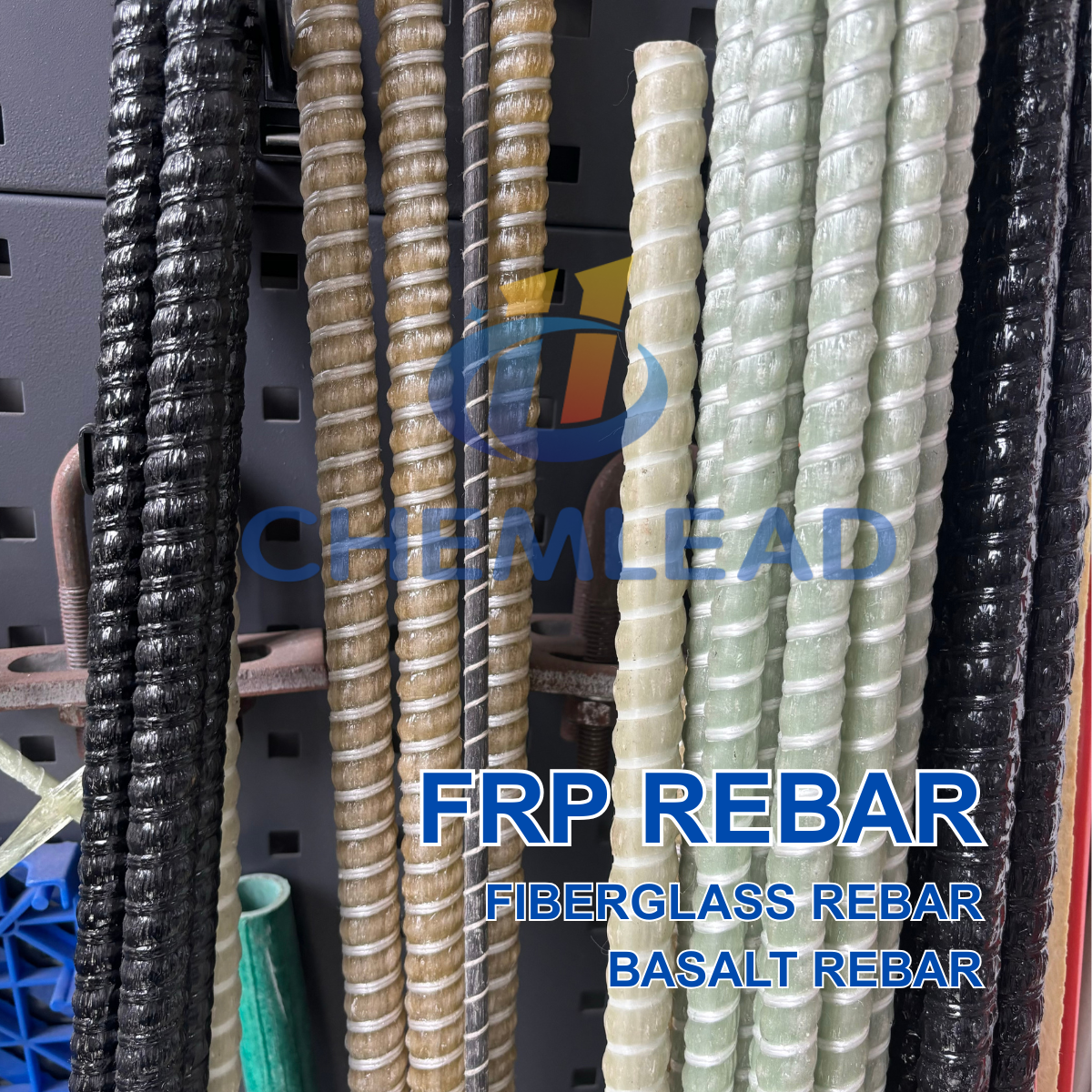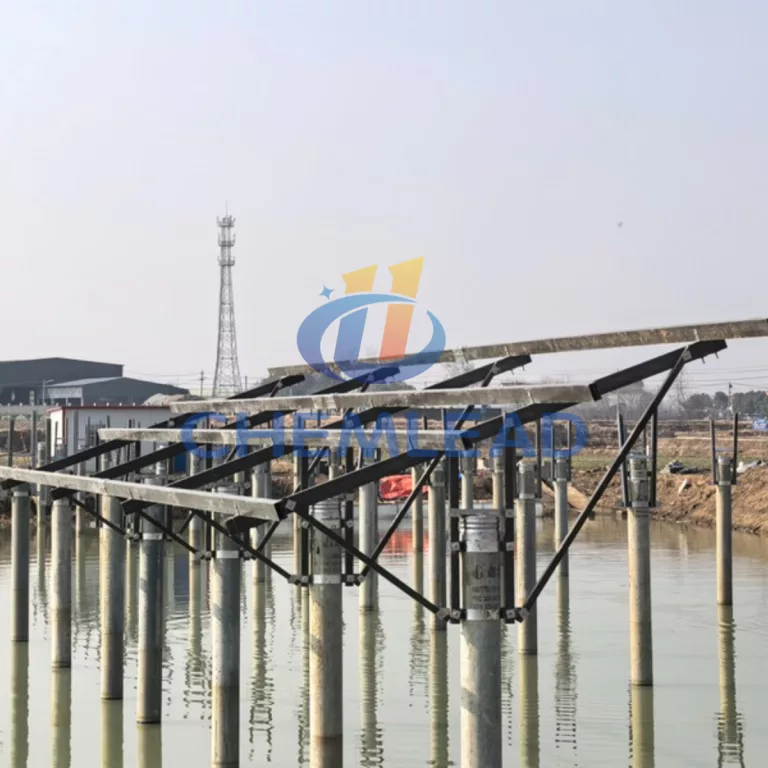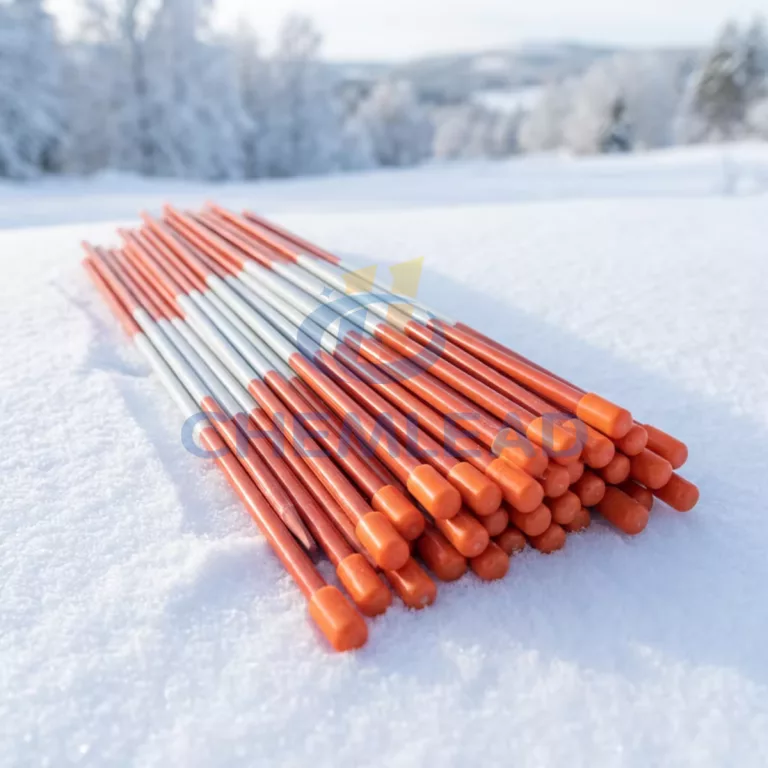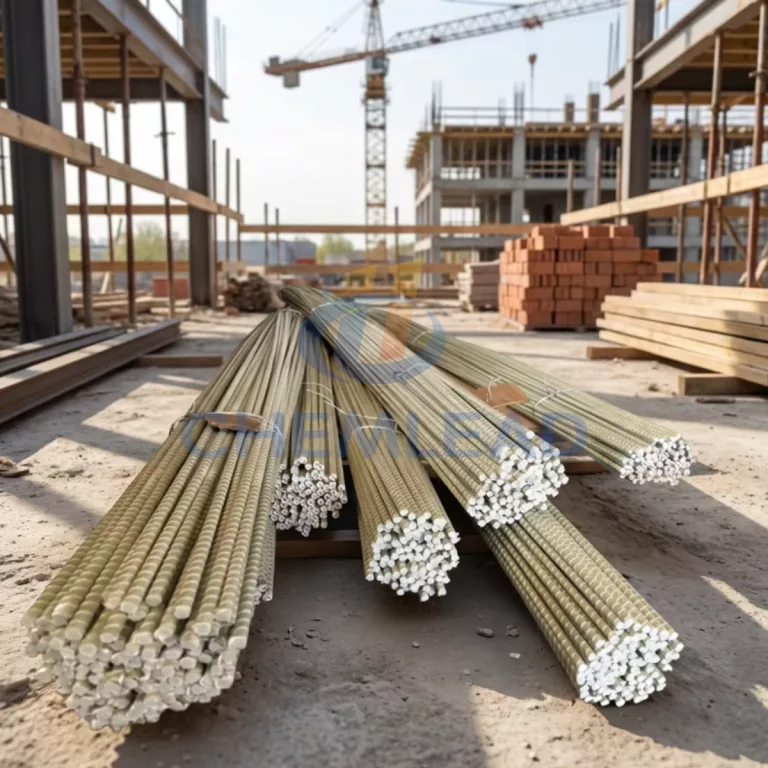+8613776545860

In today’s construction industry, durability, safety, and long-term performance are more important than ever. Traditional steel reinforcement, while strong, is prone to corrosion, increasing maintenance costs and shortening the service life of structures.
That’s why more engineers and contractors are switching to fiberglass rebar (FRP rebar) — a non-corrosive, lightweight, and high-performance alternative designed to meet the demands of modern infrastructure.
🔧 What Is Fiberglass Rebar?
Fiberglass rebar, also known as GFRP or FRP rebar, is a composite material made of high-strength glass fibers embedded in a polymer resin matrix. It is produced through a pultrusion process, ensuring consistent mechanical properties and precision in diameter and strength.
Unlike steel, fiberglass rebar does not rust, making it the ideal solution for construction in aggressive or corrosive environments.
✅ Key Advantages of Fiberglass Rebar
🔹 Corrosion Resistance
GFRP rebar does not rust or corrode in the presence of salt, chemicals, or moisture — making it ideal for marine, coastal, and underground structures.
🔹 High Strength-to-Weight Ratio
Up to 4x lighter than steel with comparable tensile strength. Easier to transport, cut, and install — reducing labor and equipment costs.
🔹 Thermal & Electrical Insulation
Non-conductive and non-magnetic, making it safe for use in sensitive installations like MRI rooms, power stations, and tunnels.
🔹 Long-Term Durability
Extends service life of structures, reducing repair and maintenance over decades.
🔹 Stable Pricing
FRP prices are not tied to volatile steel markets, making it a more stable and predictable choice for long-term projects.
🏗️ Where Is Fiberglass Rebar Used?
FRP rebar is being widely adopted in:
Roads, bridges & highways (bridge decks, barriers, retaining walls)
Coastal & marine structures (piers, sea walls, docks)
Tunnels & underground utilities
Airport & railway infrastructure
Industrial and chemical plants
Swimming pools, parking garages, basements
Foundations in humid or saline soil
Whether it’s a municipal project, industrial upgrade, or new infrastructure development — FRP rebar offers long-term value and performance.
📏 Available Specifications
We supply fiberglass rebar in standard and custom sizes, typically ranging from #2 (6mm) to #10 (32mm).
Options include:
Sand-coated or helically wrapped surface
Straight or bent shapes (L, U, stirrups)
Custom lengths, diameters, and color coding
📦 Bulk orders, OEM branding, and international shipping available.




 Get Free Quote Now! Don’t Hesitate!
Get Free Quote Now! Don’t Hesitate!